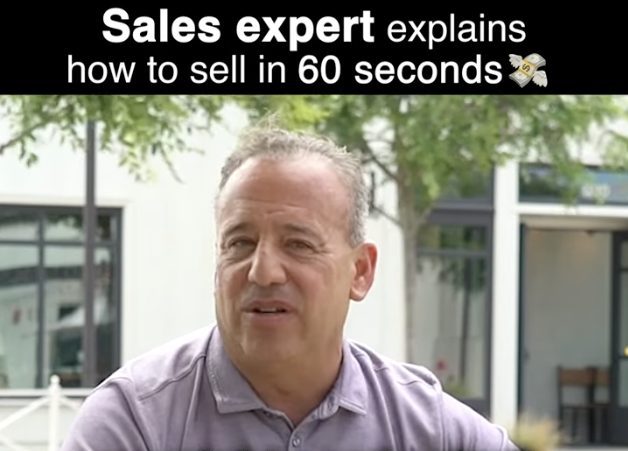The Power of Simple Conversations
My approach now is refreshingly straightforward. I show up, find people with open minds, and start conversations. I ask what they’re doing today regarding their needs (in this case, solar energy), what they like about it, and what they don’t. Then I offer to help by making an introduction or asking if they know someone who might need what I’m offering.
This simple strategy has several advantages:
- It removes pressure from the interaction
- It positions you as a helper rather than a seller
- It opens doors to wider networks through referrals
- It creates goodwill that leads to future opportunities
The beauty of this approach is that it creates what I call a “community of sponsors and power sponsors.” These are people who benefit from helping each other, creating a network where value flows in multiple directions.
Building Trust Through Simple Agreements
When dealing with business opportunities that involve equity or financial arrangements, I’ve found that simplicity is often the best approach. I use what I call an “overlap agreement” – a straightforward memorialization of our understanding.
For example, if I help someone raise money, we agree on what I’ll receive in return. This doesn’t require complex legal documents or wasted time. It’s a simple email that documents our agreement, which I can reference later if needed.
If someone doesn’t honor their commitment, I simply won’t help them next time. They’ll have to live with that decision.
I’ve found that this approach creates accountability without unnecessary complications. Most people honor their commitments when the relationship is built on mutual respect and value creation.
The Ripple Effect of Giving Value
What I’ve learned over the decades in business is that when you focus on creating value for others, it comes back to you tenfold. By connecting people, solving problems, and building a network of mutual benefit, you create a positive ripple effect that extends far beyond any single transaction.
This approach has enabled me to establish thousands of sponsor relationships – individuals who can earn money by helping one another. It’s a far cry from the traditional sales model of trying to convince someone to make a purchase.
The most powerful aspect of this strategy is its sustainability. When you help someone solve a problem or connect them with an opportunity, they remember. They’re more likely to think of you when they encounter someone who needs what you offer.
I’ve built my career on this principle: create value first, and the returns will follow. It’s not always immediate, but it’s consistent and compounds over time.
This shift in mindset – from selling to serving – has transformed not just my business results but also how I feel about what I do. There’s profound satisfaction in knowing that your success comes from genuinely helping others succeed.
So I encourage you to rethink your sales approach. Stop trying to convince people to make a purchase. Instead, show up, listen, and look for ways to help. Build a community of sponsors who benefit from connecting. Document simple agreements that respect everyone’s time and effort. And trust that when you give value, it always returns – often in ways you couldn’t have anticipated.
Frequently Asked Questions
Q: How do you define “sponsors” and “power sponsors” in your network?
Sponsors are people in my network who can benefit from my connections or who can help others in my network. Power sponsors take this a step further – they actively connect multiple people and opportunities, creating exponential value. Both are essential to building a community where everyone can benefit from helping one another.
Q: What makes an “overlap agreement” different from a standard contract?
An overlap agreement is much simpler than a standard contract. It’s just an email that documents our mutual understanding – for example, if I help you raise money, you’ll give me equity. There are no lawyers involved, no complex terms, and no wasted time. It’s built on trust and mutual benefit rather than legal enforcement.
Q: How do you handle situations where someone doesn’t honor their commitment?
I don’t waste energy trying to force someone to honor their commitment. Instead, I simply note it and don’t help them next time. This natural consequence is usually more effective than legal action. Most people understand that their reputation and access to future opportunities depend on honoring their commitments.
Q: How long does it typically take to build a network of sponsors?
Building a valuable network takes time – it’s not an overnight process. I’ve been developing mine for 35 years. However, you can start seeing benefits much sooner if you focus on quality connections and consistently provide value. Even a small network of the right people who trust you can be incredibly powerful.
Q: Can this approach work in any industry, or is it specific to certain types of sales?
This approach works in virtually any industry because it’s based on universal human principles – people appreciate those who help them solve problems and create opportunities. Whether you’re selling solar panels, real estate, technology, or professional services, focusing on creating value and building relationships will always be more effective than traditional hard-selling techniques.







